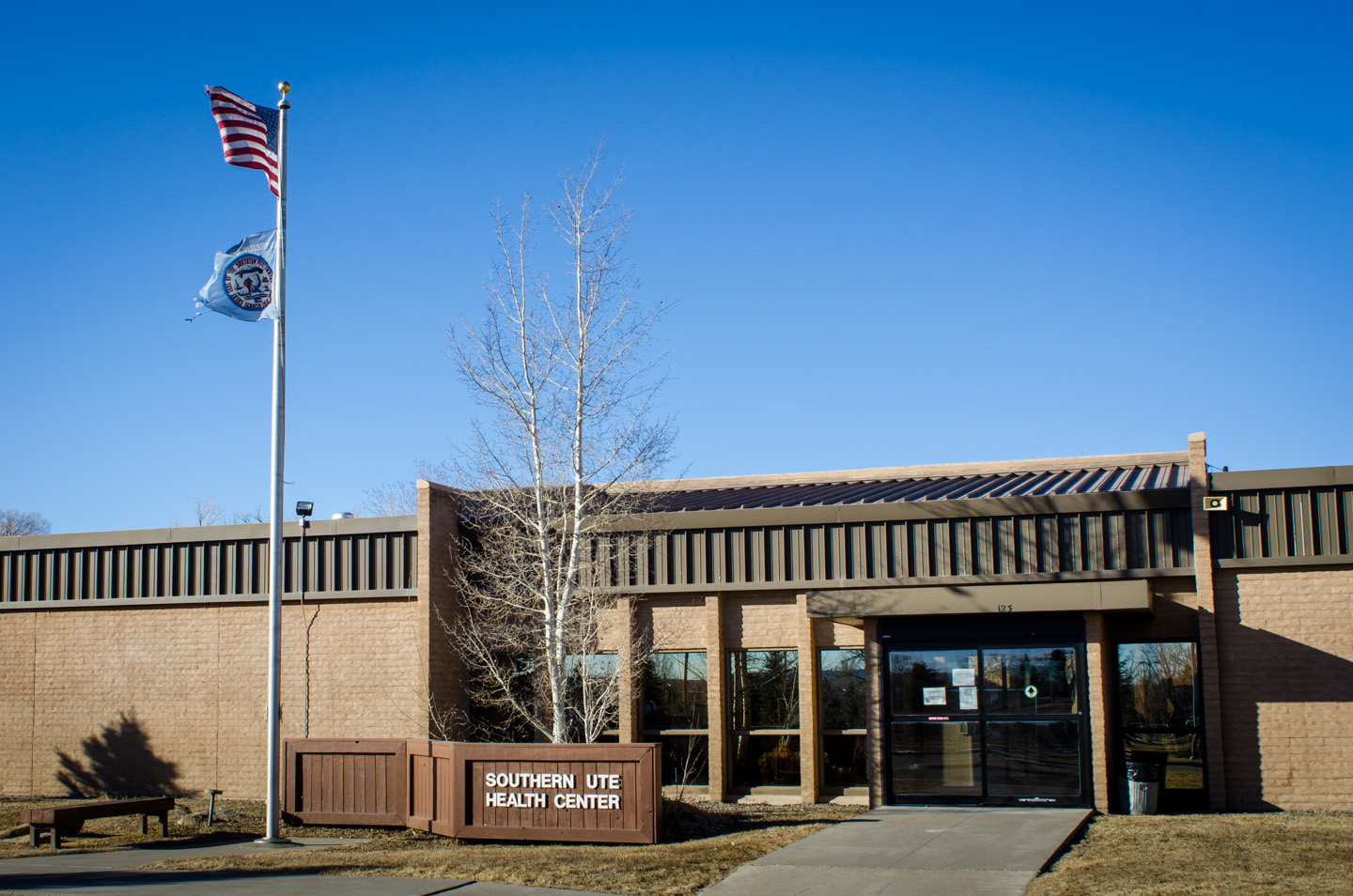Editor’s note: For more stories from our Spotlight on Tribal Health series, click here.
In the United States today, a big question on everyone’s lips is “How are we supposed to pay for our health care plan?”
This question also pertains to Southern Ute tribal members, even though we consider ourselves a sovereign nation of our own.
The Tribal Health Department has two programs available to help eligible patients access services that cannot be provided at the Southern Ute Health Center in Ignacio: Contract Health Services and the Tribal Health Resource Pool.
Contract Health Services (CHS) are “for medical/dental care provided away from an IHS or tribal health care facility. CHS is not an entitlement program, and an IHS referral does not imply the care will be paid. If IHS is requested to pay, then a patient must meet the residency requirements, notification requirements, medical priority, and use of alternate resources.”
Contract Health Services provides coverage for medical care that cannot be provided in the Southern Ute Health Center and that meets the definition of “medical priority” defined in federal regulations. These conditions often include emergency or urgent conditions that must be treated because of a “threat of loss of life or limb.”
However, because Congress does not always appropriate enough money to pay 100 percent of CHS needs, many times these funds are not available when a tribal member is at risk. Last year, more than $900,000 was paid out of IHS Contract Health Services for SUHC patients.
Historically, funding for Contract Health Services runs out by the middle of the fiscal year, usually in June. Once CHS funds are gone, there are other federal funds available for covering major cases with costs exceeding $25,000 (commonly known as CHEF or Catastrophic Health Emergency Funds). But the Tribal Health Department must apply for CHEF money, and there is no guarantee it will actually be available. Last year, more than $250,000 in CHEF emergency funds was paid for SUHC patients.
Unfortunately, CHS and CHEF funds are primarily spent on emergency cases. Funding shortfalls have made it impossible to cover many circumstances where patients need care that cannot be provided for by the SUHC in a timely way or at all. In these cases, where the patient is a tribal member, the Southern Ute Indian Tribal Council budgets funds to the Tribal Health Resource Pool to cover additional services.
The Tribal Health Resource Pool was established in 2003. The Tribal Council recognized that there was a need to bridge the funding gap for needed services after the CHS funds were gone. The pool was originally developed to provide only for those circumstances in which a tribal member needed services that could not wait until additional CHS funds became available in the new fiscal year.
The pool was designed to be only a supplementary funding source to cover CHS funding shortfalls, not a primary health insurance. In recent years, the actual operation of the pool has moved away from this supplementary role. In 2004, the tribe spent more than $560,000 from the Health Resource Pool.
The pool has continued to grow, and last year more than $6,000,000 was spent from the pool.
As use of the pool continues to grow, it is critical for the tribe to coordinate how CHS funds and pool funds are used to ensure that Contract Health Funds continue to be the primary source of funding for outside medical services. Consequently, it will be necessary to address the manner in which tribal members use health services, preferably through the Southern Ute Health Center.
Tribal Health Department Referral Services is an important piece of the coordination between the Southern Ute Health Center, Contract Health Services and the Tribal Health Resource Pool. All services to be considered for payment from Contract Health Services funds must be referred and approved before payment will be made.
If a tribal member accesses additional or non-emergency services outside of the Southern Ute Health Center, those services do not qualify for payment from Contract Health Services funds and become the sole financial responsibility of the patient. If requests are made to cover services under the pool, then they must first be reviewed under the rules for Contract Health Services funding.
Tribal members who do not reside in the vicinity of the Health Center have the option of using a tribal health center in their area, one operated either by the U.S. Indian Health Service or by a tribe. In cases where there is no a tribal health service, the tribal member must either have private insurance pay for the services or ask for reimbursement from the pool.
The system for payment of health services under the Contract Health Services or the Tribal Health Resource Pool requires us to all consider how we access these services. As the expense for health care serivces continues to rise, it will be important to provide better coordination of care and access to care for the tribal membership.

